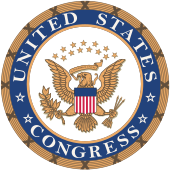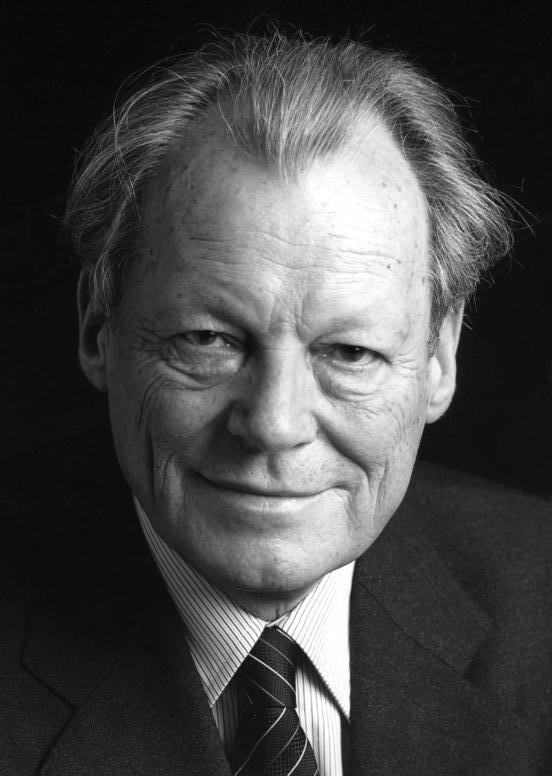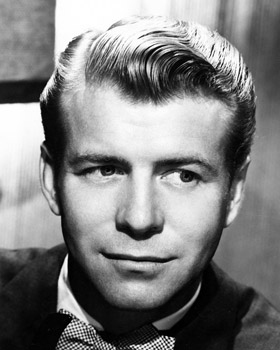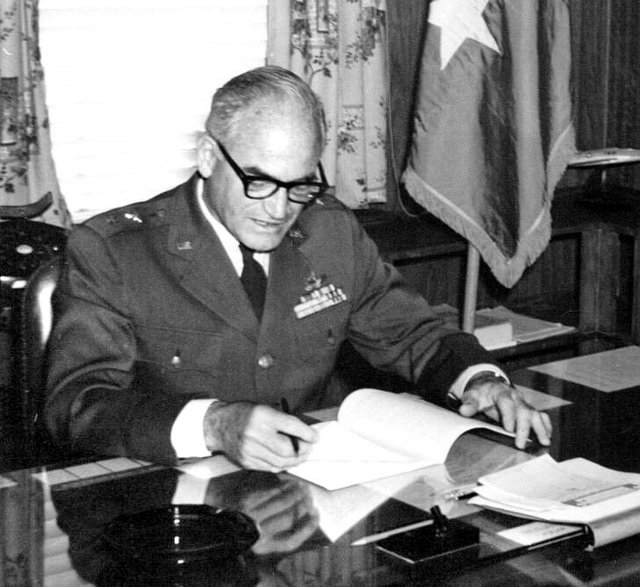
1959, the beginning of a decade of political sociological, and technological change, Sex, Drugs, Rock ‘n’ roll, a decade of Vietnam and Woodstock, a decade where humanity reached the moon and saw communism grip the earth. What is your place? Do you stand as a civil rights leader, marching against oppression? Or are you standing in the doorway of an Alabama schoolhouse? Are you a war hawk advocating for a Cold War to turn hotter? Or will you highlight the basic common bonds that unite us all?
Join the RP as a politician or major figure just before one of the most contentious elections in history, can you do better than the historical figures that dominated the period? Run for president, be a kingmaker or just find your cause to stand for. Where does your ambition lead you?
Play as a Senator, Governor, Congressperson, Mayor or any other figure with a hand in the politics of yesteryear. Or run for office, from military hero to the Presidency to fight for your piece of America's Political pie. Create an original character, make history and help them create, The Home of the Brave.
All characters in this RP are original, and all politicians after FDR died office in 1945 have been replaced with fictional characters. Most events that occurred in real history have occurred in this RP, the economy is in the same shape, the climate, healthcare, are all the same. The only difference is America's entrance into the Vietnam War.
President Henry Davis was elected as a Republican as a War Hero, upsetting the ultimate noninterventionist candidate in a long and hard battle in the primary. Davis is similar to Eisenhower, with similar beliefs regarding civil rights, and foreign affairs, a similar tendency to be quiet yet cunning, and an identical emphasis on rhetoric that has kept American politics stable for his past two terms. In 1955 the Republicans took massive losses across the country resulting in losing the House as well as the Senate. In late 1958, President Davis and congress decided to finally commit to the Vietnam War and there is a great fog over the country, not knowing what will happen, as the draft took many young boys overseas.
As 1959 draws closer to an end, Washington begins to heat up with both the primary fields buffing out, many remain in each party's primaries. In a shocking turn of events, President Davis declares to the nation, that he will not give assistance to the Republican Candidates until the primary is over.
In the midst of a time of great chaos and national confusion, where do you stand?
49 Republican Senators, 48 Democratic Senators, 1 Democratic Caucusing/Farmer Labor 0 Independent Senators
233 Democratic Representatives, 201 Republican Representatives, 1 Democratic Caucusing/Farmer Labor
2. No real people or celebrities as characters. There is no John F. Kennedy that you can play. As per the introductory note, politicians post-FDR do not exist, or have been replaced with generic stand-ins: you can play them, should you wish. Records and history are the same, including statistics, save in the places where player-characters have brought about a change.
3. Regarding absences- If you, for whatever reason, must take a leave from the roleplay-that is of course fine. But please inform us ahead and how long it may take. If you are found to have just up and left the RP, we may have to simulate how you character act in votes per say, especially depending on their importance.
4. When it comes to writing; please do it well. We expect a certain level of quality with your posts. One or two sentences will not be acceptable, but we can be permissive-if your character is engaged in conversation, a sentence is fine
5. Please make characters of quality and substance. We don't want Mary Sue flawless characters who are 30-year-olds, actresses, former sharecroppers with military service earning a medal of honor and then returning from Korea to attend Harvard. Those characters aren't very fun to play or interact with. But on the other hand-no sabotage characters. Just because you hate Democrats, don't make a hopelessly corrupt and scandal-ridden Democrat with no redeeming qualities.
6. No cheat-edits. Once you've made an IC post, leave it. Edits to formatting are all right along with typos, but don't try to change anything major compared to what you have already written, especially if it has already been responded to. If your character said it in public, it must stay. Gaffes happen, after all.
7. If you are not sure if something is legal or okay, ask OOC first. Always better to check-and there is limited leniency for things that are obviously bad.
8. No events that directly affect another character without permission first. In essence, avoid physical altercations and outrageous "accidents". Assassination is banned, any external action taken against politicians will take place in the form of an event.
9. No meta-gaming. Do not let the OOC influence the realism of your character's actions. If they are in a closed situation in which information is limited, they cannot state-specific statistics, for example.
10. PG-13 limit. Per site-wide rules, nothing too saucy or racy. You know it when you see it.
11. The IC may have racially charged moments with the RP being in 1959, but the N***** word is unacceptable, and we request that you instead use, 'Coloreds' or something along those lines. Racism in the OOC will NOT be tolerated and will result in an immediate ousting from the RP.
APPLICATION
- Code: Select all
[align=center][img]https://upload.wikimedia.org/wikipedia/commons/thumb/4/4b/Seal_of_the_United_States_Congress.svg/170px-Seal_of_the_United_States_Congress.svg.png[/img]
[hr][/hr]
Character Information Sheet
[/align]
NS Nation Name:
Character Name:
Character Gender:
Character Age:
Character Height:
Character Weight:
Character Position/Role/Job:
Appearance: (Photo required)
Character State of Origin:
Character State of Residence:
Character Party Affiliation:
Main Strengths:
Main Weaknesses:
Biography: (Minimum 2-3 paragraphs)
Other Info:
I have read and accepted the rules of the roleplay: (Your Nation's Name Here)
Do Not Remove: 84721
Legislative Branch:
Governors and Mayors:
Non-Officeholders and Minor Officeholders:
UPCOMING EVENTS
Alaskan Senate Elections + House election
THE PRIMARIES
"We've only just begun."
President Harry S. Truman = President Carry S. Hamond
Thomas E. Dewey = Isaac E. Flowers
Strom Thurmond = Seamus Thupps
Richard Nixon = Johnas Breckenridge (subject to change if we get a vp application)
Adlai Stevenson = Bundi Johnson















